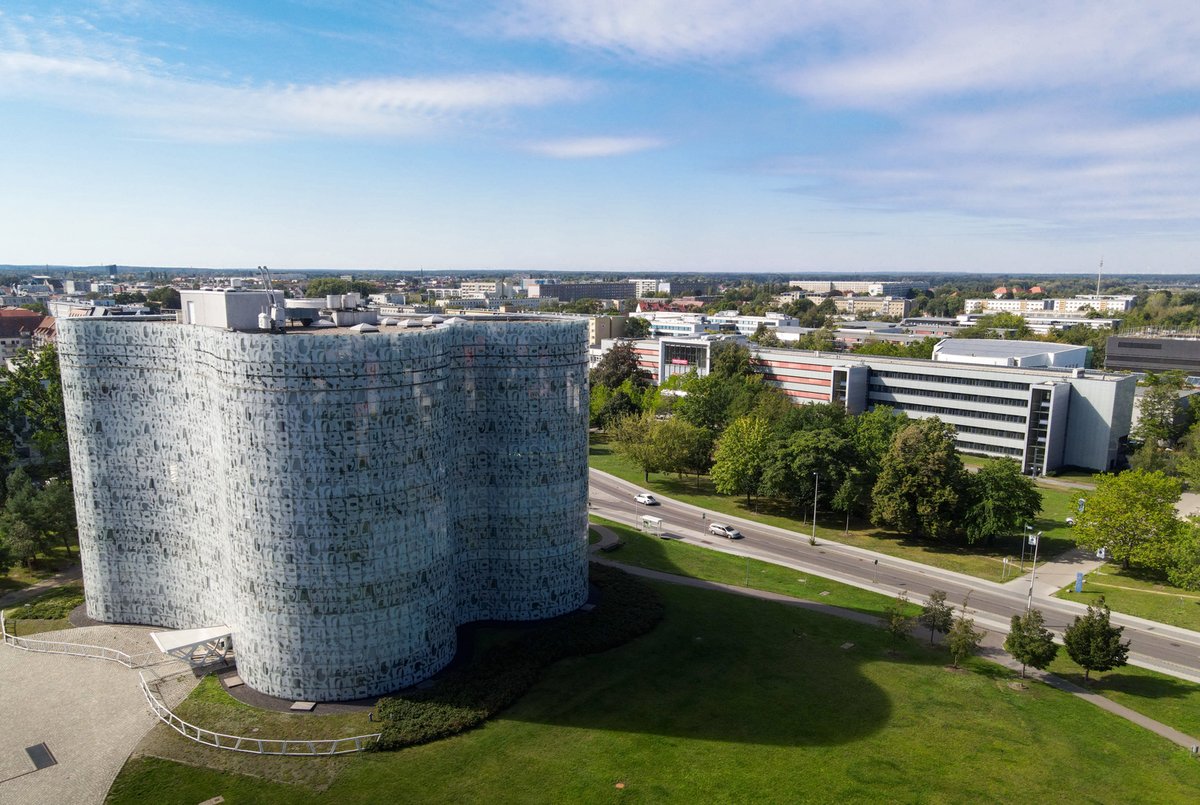Scientific body confirms the course taken by the BTU and recommends further profiling
The recommendations adopted during the winter meetings of the Science Council include an analysis of the Brandenburg higher education system as a whole, the individual state universities in the state and recommendations for strategic further development. The expert group headed by Prof. Sabine Maasen drew up its recommendations taking into account extensive documents, the universities' self-reports and on-site visits.
For BTU President Prof. Gesine Grande, the Science Council's recommendations are a clear encouragement to continue pursuing and sharpening the development goals jointly adopted at BTU. She says: "It is an important confirmation of the course we have taken and an appreciation of the extraordinary commitment of many colleagues at BTU. We will now intensively discuss possible consequences and next steps from the examiner's report with the members of our university, but also with our Scientific Advisory Board and other partners. Support from the Ministry of Science will be of great importance for the implementation of the recommendations.I amtherefore pleased that we have been in intensive discussions for months."
The Science Council's recommendations for BTU include the following: "The Brandenburg University of Technology Cottbus-Senftenberg (BTU) is the only university of technology to occupy a special position in the state's higher education system. It should play a decisive role in shaping structural change in Lusatia through research, the training of specialists and the qualification of young scientists in the early stages of their careers. The expectations placed on it are considerable. The Council of Science and Humanities strongly supports BTU in its efforts to further develop into a pure university following its reestablishment by merging the two predecessor institutions in 2013."
The report also makes it clear that BTU should take advantage of the opportunities offered by the expansion of Lusatia as a research and innovation location through an application-oriented profile with strong roots in the regional economy, and at the same time strive for scientific excellence in selected fields in international competition. In doing so, it should see itself as an organizational center for science in the region and as a place for innovation and the Transfer of Knowledge and Technology.
For the assessment of the Brandenburg University of Technology Cottbus-Senftenberg (BTU), the 16 members of the responsible working group of the German Council of Science and Humanities conducted a detailed on-site visit to the university's locations on April 13/14, 2023. In discussions with the university management, members of the university as well as cooperation partners and representatives of the Scientific Advisory Board, they gained insights into the strategic orientation, key research areas and studies along the profile lines "Global Change and Transformation Processes", "Energy Transition and Decarbonization", "Health and Life Sciences", "Artificial Intelligence and Sensor Technology".
BTU's successful presentation was made possible by the commitment of many. Against this background, the BTU President emphasized: "My thanks go to all members of the university who contributed to the preparation and during the on-site visit of the Science Council to present our spirit and our impressive development of recent years so convincingly."
During the press conference, the Minister of Science of the State of Brandenburg, Dr. Manja Schüle, Prof. Dr. Wolfgang Wick, board chairperson of the Science Council and Professor of Neurology and Medical Director of the Neurological Clinic at Heidelberg University Hospital, and Prof. Dr. Sabine Maasen,chairperson of the working group 'Assessment of the Higher Education System of the State of Brandenburg' and Professor of Science and Innovation Research at the University of Hamburg, were available for explanations and questions.
The German Council of Science and Humanities (WR ) was founded on September 5, 1957 in the Federal Republic of Germany by the federal and state governments on the basis of an administrative agreement. As the most important body, it advises the Federal Government and the governments of the Länder on all issues relating to the substantive and structural development of science, research and higher education. The Science Council is made up of the 32-member Scientific Commission and the 22-member Administrative Commission.

